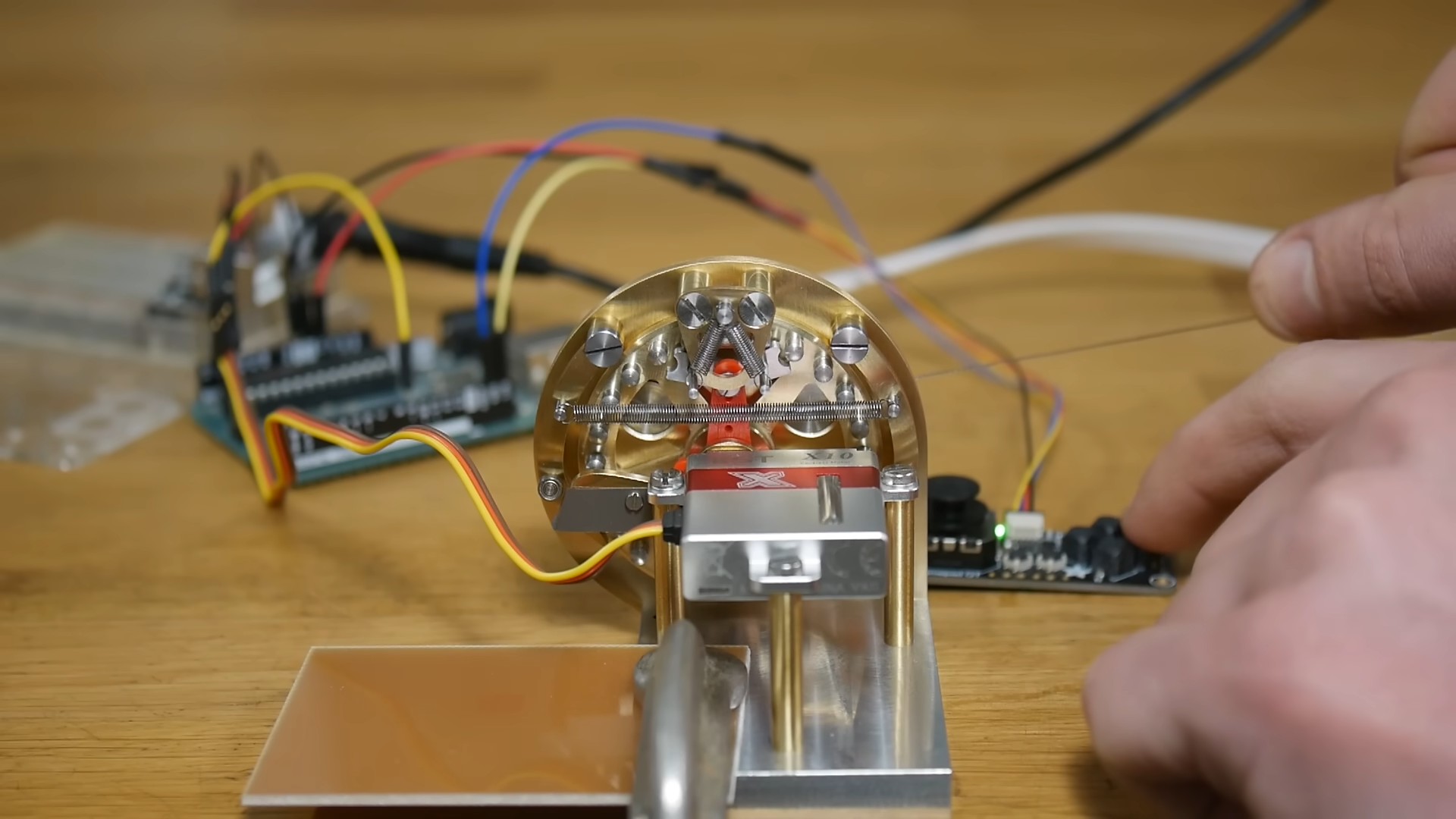America’s genetic data is on the auction block — will Beijing buy it?
23andMe's bankruptcy could put millions of Americans' genomic profiles at risk of being sold to the Chinese Communist Party, who are using biotechnology to gain a strategic advantage in the global competition.

The bankruptcy of genetic-testing company 23andMe puts millions of Americans’ genomic profiles at risk of being sold to the highest bidder — including the Chinese Communist Party. For Beijing, potentially acquiring this sensitive data aligns with its explicit ambition to dominate biotechnology, a strategic domain with profound implications for privacy, surveillance and U.S. national security.
23andMe filed for Chapter 11 bankruptcy last month after years of financial turbulence and business missteps. Once valued at over $6 billion, the company built its brand on affordable at-home DNA testing, amassing genomic data from more than 15 million people in 50 countries.
But,a 2023 cyber breach exposing 23andMe’s customers’ data irreparably damaged public trust in the company. It also unscored genetic information’s value as a 21st-century commodity — one increasingly targeted by criminals and state-linked actors alike.
Now, these sensitive genetic records — containing detailed health, ancestry and familial relationship information — could soon be sold through bankruptcy proceedings, likely without adequate national security oversight or even customers' knowledge or consent. Making matters worse, current federal protections for genetic data are minimal, and existing laws provide little scrutiny of foreign acquisitions during bankruptcy.
China, in particular, has repeatedly exploited American bankruptcy courts as an efficient route to acquire sensitive technology and personal data, circumventing traditional regulatory oversight.
For example, in 2017, Chinese-owned Avatar Integrated Systems acquired Atop Tech, a bankrupt California-based semiconductor firm specializing in advanced microchip-design software. The technology enables the production of high-end chips used in everything from smartphones to high-tech weapons systems. Despite national security concerns raised by a U.S. company also competing to buy Atop out of bankruptcy, the sale proceeded without a comprehensive review — spotlighting bankruptcy as a strategic loophole Beijing continues to exploit.
This case and others illustrate a deliberate Chinese strategy: target distressed American firms holding valuable data or technology, exploit bankruptcy processes that prioritize financial outcomes over national security, and quietly expand China’s strategic capabilities.
Yet Beijing’s exploitation of bankruptcy courts reflects a broader ambition: transforming China into a global science superpower. Chinese leader Xi Jinping has positioned biotechnology as central to China's aspirations to dominate advanced pharmaceutical and therapeutic supply chains. Xi himself has described biotechnology as the next critical domain in global competition, emphasizing, "Whoever controls big data technologies will control the resources for development and have the upper hand."
China’s genomic ambitions aren't merely theoretical either — they're codified into law.
China's 2020 Biosecurity Law grants Beijing absolute authority over all biological samples stored by or accessible to Chinese entities, regardless of where the data physically resides. Complementary laws, including China’s National Intelligence Law and Cybersecurity Law, similarly require Chinese biotech entities to support state intelligence efforts, effectively weaponizing private genetic databases. Beijing already uses these capabilities for domestic surveillance and repression of Uyghurs and Tibetans, but China’s ambitions clearly extend beyond its borders.
To that end, Beijing has invested billions in biotechnology-related military-civil fusion programs, systematically merging civilian innovations with China's People's Liberation Army (PLA). These initiatives seek to harness advances in fields like genomics, synthetic biology and bioengineering — ensuring China’s military power evolves alongside civilian breakthroughs.
Reflecting this trend, several prominent biotech firms linked to the Chinese government — including BGI Group and MGI Tech — were recently added to the U.S. Defense Department’s list of Chinese military-affiliated companies, which flags firms connected to China’s defense apparatus.
Meanwhile, the PLA is hardly secretive about its ambitions. Senior Chinese officers explicitly describe genomic data as essential for developing “military deterrence technology,” capable of enhancing soldiers' physical and cognitive performance. China's military doctrine now categorizes biotechnology as a "new domain of warfare," with Chinese military strategists discussing biotechnology’s potential for creating genetic weapons capable of “targeting specific racial or ethnic groups."
Thus, China’s potential acquisition of 23andMe’s genomic database or that of any U.S. genomic company would be more than commercial — it would represent yet another strategic asset weaponized by Beijing to undermine American security and extend its authoritarian reach.
In response, U.S. policymakers must urgently close bankruptcy loopholes that allow adversaries to obtain sensitive data without rigorous national security oversight. Congress should immediately empower the Committee on Foreign Investment in the U.S. to proactively block foreign acquisitions involving genomic and sensitive personal data during bankruptcy proceedings. Congress should also pass data localization laws prohibiting transfers of genomic information to adversarial nations.
Simultaneously, the executive branch should leverage the recently-released America First Investment Policy — designed to safeguard critical technologies, including biotechnology — to scrutinize foreign biotech investments in the U.S., including 23andMe’s potential sale to a foreign buyer.
Additionally, the administration should elevate biotechnology within national security assessments, incorporating genomic security into intelligence threat analyses and defense planning. At the same time, 23andMe users should proactively protect themselves by deleting their genetic information from the company’s holdings before it’s too late.
Ultimately, safeguarding America's genomic data isn't merely about protecting privacy; it's about preserving American power and autonomy in a biotech-driven era. If America doesn't protect its genomic future now, China will define it for us.
Craig Singleton, a former U.S. diplomat, is senior director of the China Program at the Foundation for Defense of Democracies and author of Biotech Battlefield: Weaponizing Innovation in the Age of Genomics.















































![Save Up to 30% at Accor Hotels with MasterCard [Japan]](https://boardingarea.com/wp-content/uploads/2025/05/3294bc4b6d1941eef8987e0e40318da7.jpg?#)






























